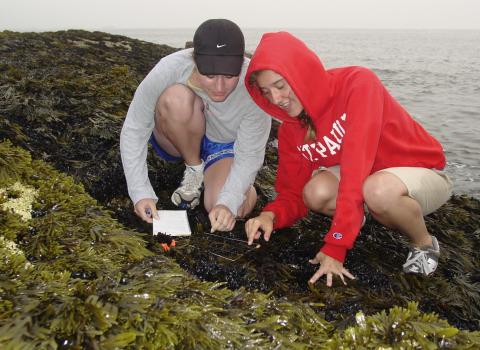Arctic Research Center
Given the urgency to prepare people to respond to change in the Arctic, UNH is developing the resolve and capacity to identify, understand, and communicate the critical science necessary to address the emerging question: "What do changes in the Arctic mean for human communities?" Learn More

Atlantic Marine Energy Center
AMEC is a national marine energy center which operates as a university-led consortium between UNH, Stony Brook University, Lehigh University, and the Coastal Studies Institute to address the ongoing needs for research, development, and testing in support of wave, tidal, and ocean current energy and Powering the Blue Economy (PBE) applications. Learn More

Center for Coastal and Ocean Mapping
Located in the Chase Ocean Engineering Lab on UNH’s Durham campus, The Center for Coastal Ocean Mapping /Joint Hydrographic Center (CCOM/JHC) has helped establish UNH as an international leader in the field of coastal hydrography and advanced coastal ocean mapping. Learn More
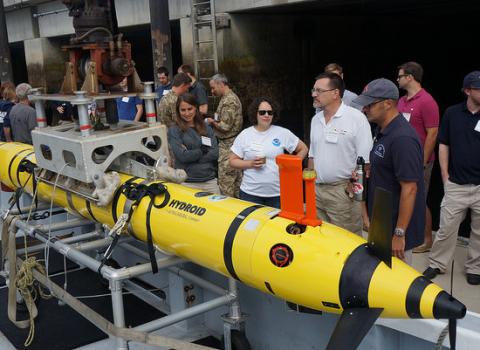
Center for Ocean Renewable Energy
The Center for Ocean Renewable Energy (CORE) provides multiple-scale research, technology development and evaluation, education, and outreach related to Ocean Renewable Energy systems. Learn more

Center for Sustainable Seafood Systems
Our mission is to apply sound science and engineering practices to seafood production in ways that: Provide educational opportunities and skills to our future US workforce; Innovate seafood technologies and practices through interdisciplinary research; Collaborate with industry and other partners to promote responsible seafood; Communicate our findings to benefit communities, the environment, and society. Learn More

Coastal Response Research Center
The Coastal Response Research Center (CRRC) was established as a partnership between the National Oceanic and Atmospheric Administration (NOAA) through the Office of Response and Restoration (OR&R) and the University of New Hampshire (UNH), through the Environmental Research Group (ERG). Learn More
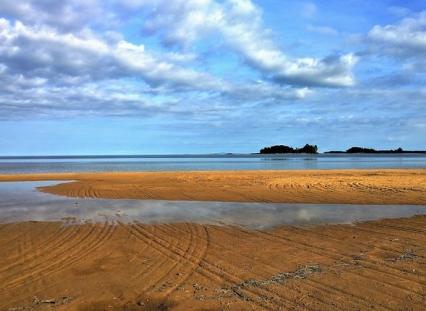
New Hampshire Sea Grant
New Hampshire Sea Grant College Program provides support, leadership, and expertise for marine research and education, as well as extension to the marine community. It encourages innovative marine research programs and plays a leading role in translating that research for stakeholders through informal education and outreach efforts. Learn More
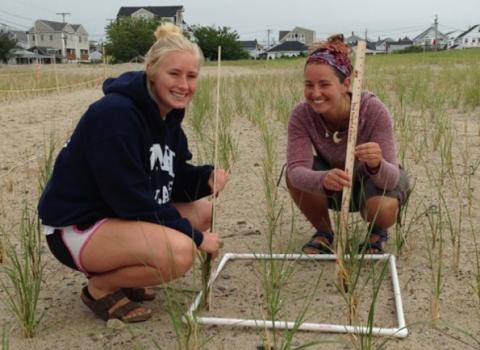
Ocean Process Analysis Laboratory
Located in the Institute for the Study of Earth, Oceans and Space (EOS) at UNH, the Ocean Process Analysis Laboratory (OPAL) serves as a focal point for interdisciplinary ocean science research focusing on a range of physical, geochemical, and biological processes. Learn More

Piscataqua Region Estuaries Partnership
The Piscataqua Region Estuaries Partnership (PREP) is part of the U.S. Environmental Protection Agency’s National Estuary Program, a local/state/federal program established under the Clean Water Act. The PREP’s priorities include water quality improvements, shellfish resources, land protection and habitat restoration. Learn More
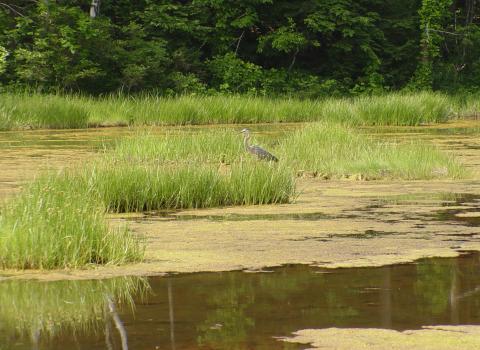
Shoals Marine Laboratory
The Shoals Marine Laboratory (SML) is located on the Gulf of Maine’s Appledore Island, six miles off the coast of Portsmouth, New Hampshire. The field station caters to undergraduate students interested in focusing on marine topics in their college majors. SML is operated jointly by UNH and Cornell University. Learn More
